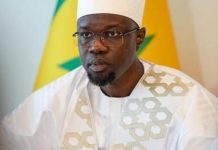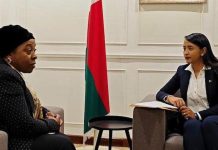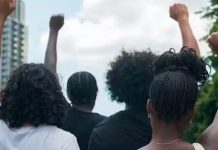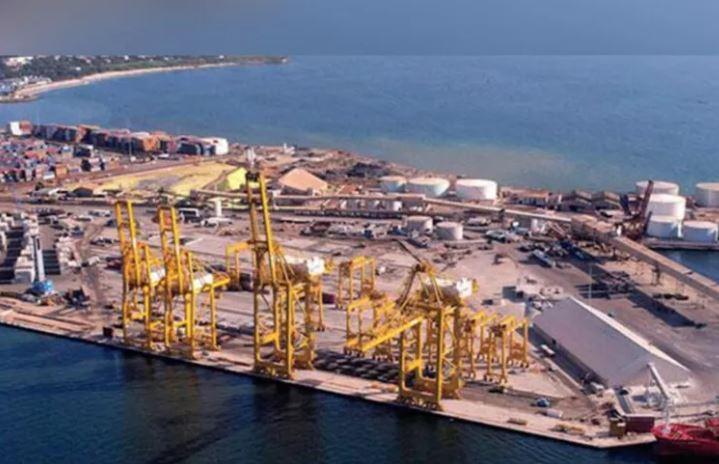
Africa-Press – Senegal. The State paid 3 billion 680 million CFA francs as compensation to 1,888 people impacted by the Ndayane port project, in the department of Mbour (west), he said. we learned on Friday from the general director of the Autonomous Port of Dakar (PAD), Mountaga Sy.
« The State has mobilized 3 billion 680 million CFA francs in the department of Mbour as conciliation and expenses, » he said during a ceremony to hand over checks to beneficiaries.
Mountaga Sy specifies that 5,182 people are impacted by the Ndayane port project, in the Mbour department.
The 1,888 files already processed were the subject of conciliation, as part of the “priority” phase of the project, according to the general director of the PAD.
He says he is « happy » to have noted people’s support for the project. « It was a very long process, which required efforts to persuade » the people concerned, added Mr. Sy.
The amount of 3 billion 680 million was reached, according to him, thanks to social support from the Autonomous Port of Dakar, which revised the compensation scales in favor of those affected.
« The Autonomous Port of Dakar has taken the decision […] to compensate for land losses. […] We chose a scale beyond what was permitted by the texts […] in terms of compensation, » underlined Mountaga Sy.
« It is a conciliation, an offer proposed to the affected person who is free to accept or not, » explained Mr. Sy.
He promised to ensure that the public authorities could develop a « relocation strategy » for all the people who have a concession on the space planned for the port of Ndayane and who have not obtained compensation.
The impacted people who received their check today say they are satisfied with the amounts given by the PAD in checks.
Abdou Khadr Dabo received a check worth 59 million CFA francs for a R+2 building located in Ndayane, facing the ocean. The building was built on an area of more than 170 square meters.
Work on the port of Ndayane was launched on July 27. They will last four years.
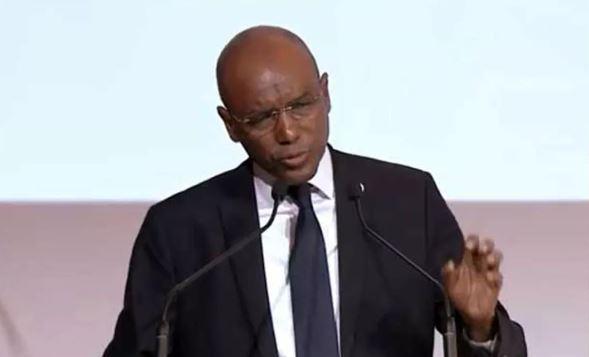
Pour plus d’informations et d’analyses sur la Senegal, suivez Africa-Press



